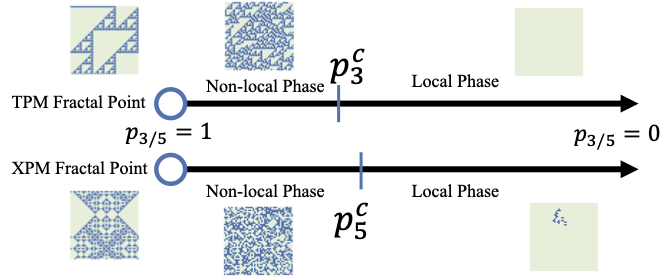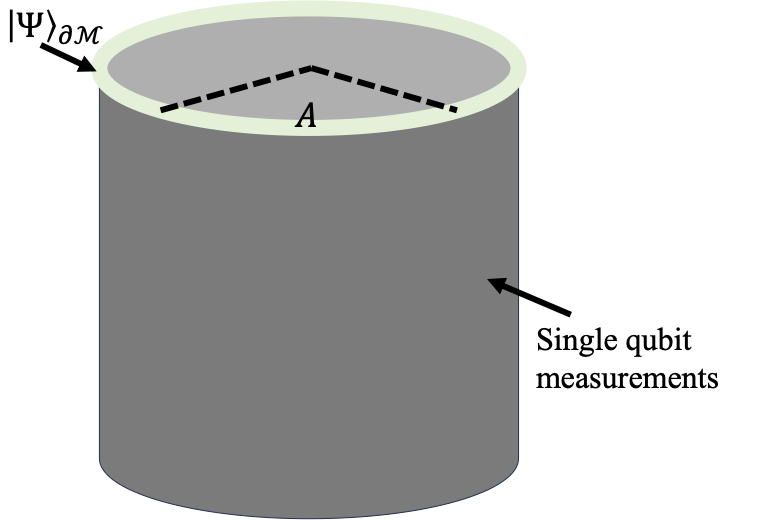Random Plaquette Models

Introduced a random plaquette model and analyzed its ground-state phase diagram and phase transition behavior.
Physics Ph.D. candidate — quantum information • statistical physics • high‑performance computing.
I am a Ph.D. candidate in Physics at Boston College advised by Prof. Xiao Chen. My research focuses on quantum information and statistical physics, including measurement‑induced entanglement transitions and error‑correction phase transitions. On the computational side, I build large‑scale simulators with Python, C/C++ (C++20), MATLAB (C‑MEX, Parallel Computing Toolbox), and Julia on Linux/HPC clusters (SLURM). I’m proficient with Git/GitHub and performance‑minded implementation.
Previously, I earned an M.A. in Physics from Stony Brook University (advisor: Prof. Jennifer Cano) and a B.S. in Physics from Sichuan University, China.

Introduced a random plaquette model and analyzed its ground-state phase diagram and phase transition behavior.

Connects measurement-induced entanglement transitions in random circuits to complex-weight Ising models, linking phase structure to computational complexity.
Memory‑efficient GF(2) matrix format (~×64 reduction) with optimized mat‑mul and bit‑rank routines; integrated into a MATLAB stabilizer simulator enabling 10k‑qubit simulations on 64‑core clusters.
Parallel stabilizer‑state simulator for 10,000‑qubit systems; achieved ~8× speed‑ups via vectorization and parfor on HPC clusters.
Rejection‑free KMC engine with a Fenwick‑tree (BIT) cumulative‑rate selector for O(log N) event draws/updates; scaled to 64 cores and ran 48‑hour production jobs on 4096‑site 2D lattices.
Differential‑testing harness for DSA problems (randomized generators, oracle vs. impl comparison, property checks), header‑only std::jthread pool with a lock‑free queue, and an LLVM‑IR redundant ϕ‑node elimination pass.